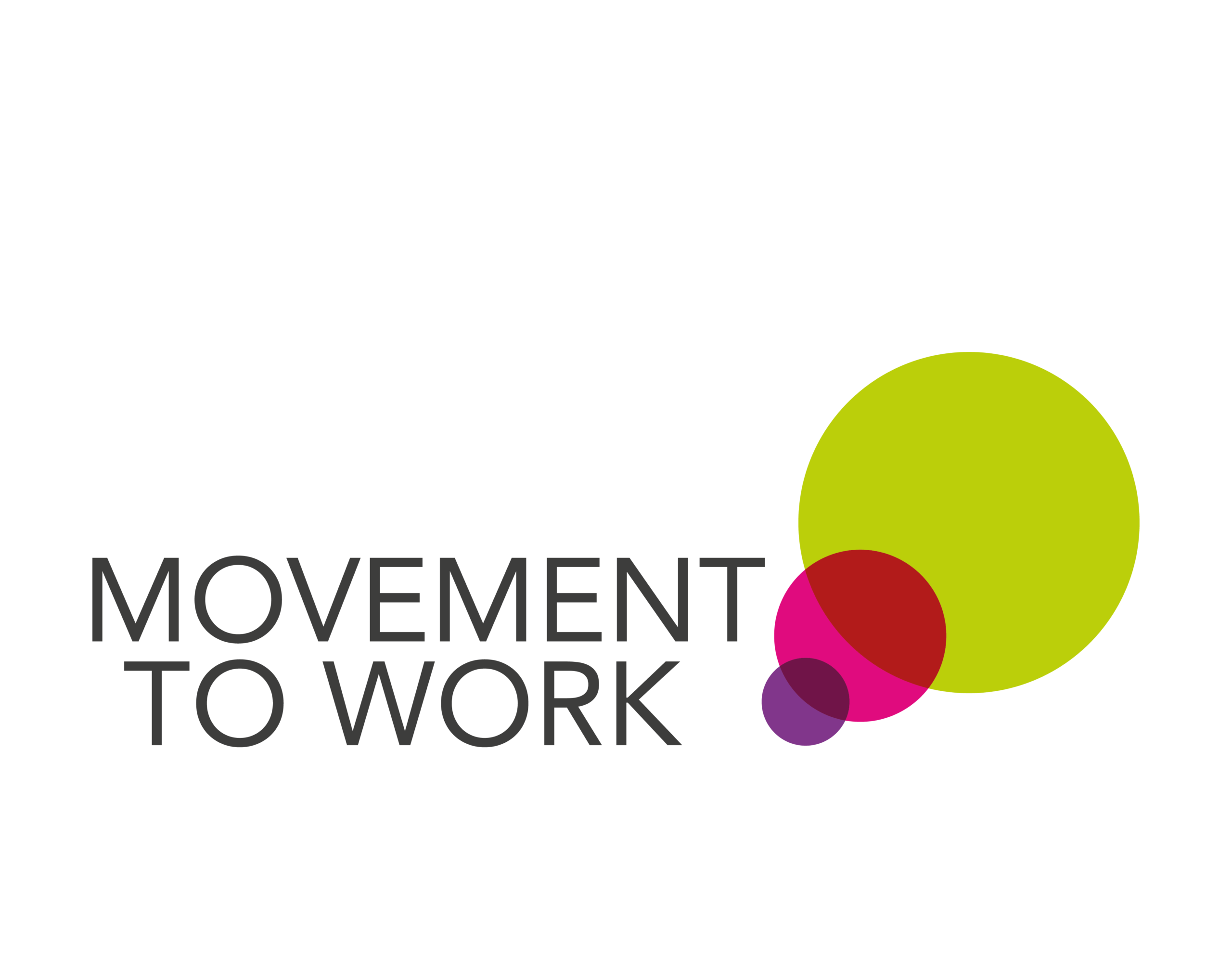The House of Lords Youth Unemployment Committee published a report at the end of November 2021 looking at unemployment amongst young people age 16 to 24.
Unemployment in this age group has been problematic for a long period of time and today there are 800,000 young people (12.6% of 16 to 24-year-olds) who are neither working nor in full-time study. Additionally, 2,631,000 (9.3%) are not in any form of education, employment or training (NEET), while 3,475,000 (7%) are unemployed with 163,000 (2.4%) of these being unemployed for at least six months.
The UK’s youth unemployment rate (currently 11.7%) continues to be worse than other comparable countries including Japan, Germany, the Czech Republic, Israel, Mexico and Switzerland. The impact of youth unemployment can endure for years, damaging individuals’ life chances and work prospects. It could potentially cost the economy £10 billion in 2022 in lost productivity, tax revenue, and additional welfare costs.
Despite this, total funding for post-18 further education (FE) has fallen by over 50% since 2009–10, while spending per student in colleges is 11% lower than a decade earlier. The supply of opportunities for young people to take on apprenticeships continues to lag behind demand, and long-running biases against technical education continue to persist. At the same time, economic changes, technological advances and the drive towards the green agenda have resulted in skills shortages in the jobs market that young people are not being effectively prepared to meet.
The report considers youth unemployment, education and skills in England. The longstanding drivers of youth unemployment were looked at such as the skills gap that affects many young people as well as careers education, work experience and the need to tackle disadvantage.
The report also found that there are systemic challenges faced by those with special educational needs and / or disabilities which were largely ignored in the Government’s response to the COVID-19 pandemic. Additionally, many young people from ethnic minority backgrounds face institutional and systemic racism, while young women may face sexism at work and struggle to access childcare. All these factors combined, demonstrate that improving the employment prospects of young people is a very complex and difficult challenge.
To see the full report and additional commentary from the from the House of Lords Youth Unemployment Committee, click here.
